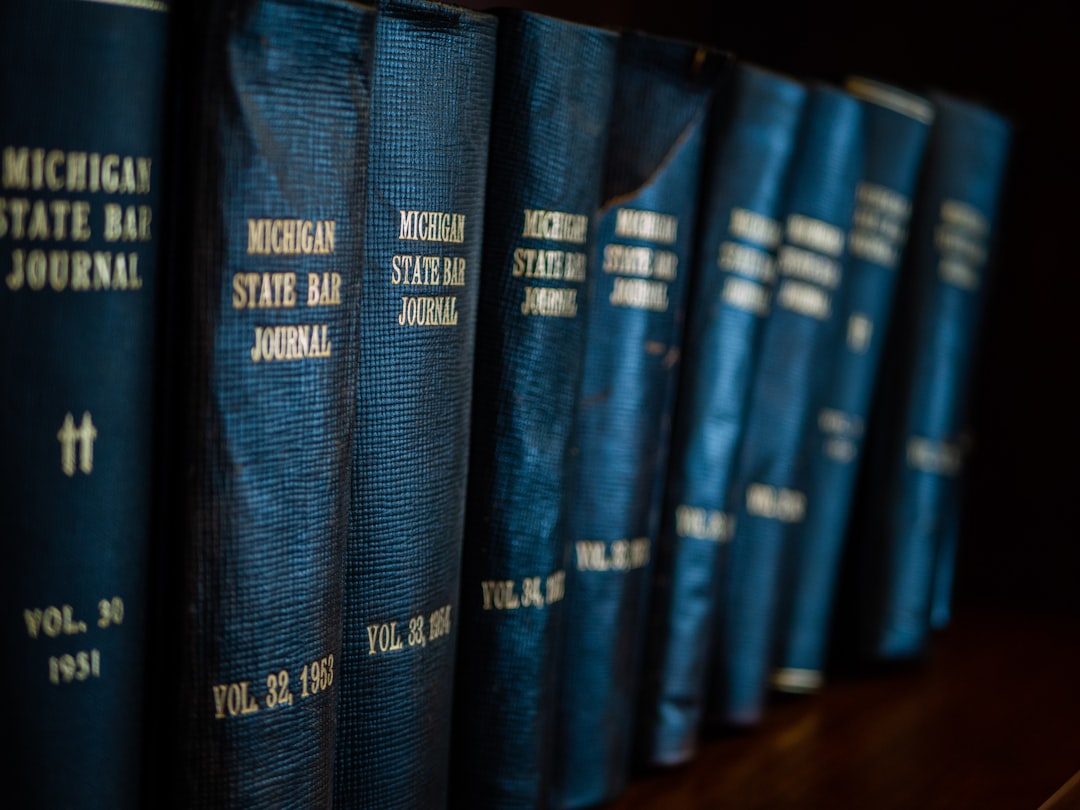In Booneville, Mississippi, exploring the possibility of prosecuting rape cases without victim cooperation is a sensitive yet crucial topic. Understanding Mississippi’s rape laws and the role of a dedicated rape attorney is essential in navigating these complex cases. This article delves into when victims cannot cooperate, examining the feasibility of prosecuting rape cases without their testimony. With insights on the legal landscape and expert guidance from a rape attorney in Mississippi, we explore strategies for justice in challenging circumstances.
Understanding Rape Laws in Mississippi

In Booneville, Mississippi, as across the state, rape is taken seriously under the law. The definition of rape in Mississippi includes sexual penetration without consent, which can involve a range of circumstances. A victim’s cooperation is crucial in many cases, as it involves testifying against their assailant and providing key evidence. However, this isn’t always a requirement. Mississippi laws allow for prosecution in certain instances even without the victim’s participation.
For example, if there are witnesses to the crime or physical evidence linking the defendant to the assault, a rape attorney in Mississippi can help build a case. In cases where the victim is unable or unwilling to cooperate due to trauma, fear, or other compelling reasons, prosecutors can still pursue charges. This underscores the state’s commitment to ensuring justice for sexual assault victims, regardless of their ability or willingness to participate in the prosecution process.
The Role of the Rape Attorney

In cases of sexual assault, a rape attorney in Mississippi plays an indispensable role in ensuring justice is served. These legal professionals are equipped with the knowledge and skills to navigate complex legal procedures, often sensitive and emotionally charged situations, on behalf of victims who may be reluctant or unable to participate actively.
A rape attorney in Booneville or anywhere in Mississippi guides their client through every step of the prosecution process, from gathering evidence and interviewing witnesses to presenting a compelling case in court. They advocate for their client’s rights, ensuring that the burden of proof lies with the prosecution, as required by law. Their expertise is crucial in helping victims find closure and holding perpetrators accountable without placing undue pressure on them during what can be an incredibly traumatic experience.
When Victims Cannot Cooperate

In cases of sexual assault, there are instances where victims may be unable or unwilling to cooperate with prosecutors, which can complicate the pursuit of justice. This could be due to various reasons such as trauma, fear, or a desire for privacy. It’s important to note that in Mississippi, especially when dealing with sensitive cases like rape, having a qualified rape attorney is crucial. They understand the complexities and can navigate the legal process effectively.
Booneville, Mississippi, like many places, has laws in place to support victims of sexual violence. A rape attorney can help victims understand their rights and options, even if they choose not to participate actively in the prosecution. Legal professionals in this field are trained to work with survivors, ensuring that justice is pursued regardless of their level of cooperation.
Prosecuting Rape Cases Without Victim Testimony

In many traditional legal settings, the prosecution of rape cases heavily relies on the testimony of the victim. However, this is not always the case, especially in Booneville, Mississippi. With the help of advanced forensic evidence and specialized rape attorneys, it’s possible to build a strong case even without the direct cooperation of the victim.
Rape attorneys in Mississippi are equipped to navigate these complex scenarios, utilizing medical records, DNA evidence, and expert witnesses to present a compelling argument. The goal is to ensure that justice is served regardless of whether the victim chooses to testify. This approach not only respects the victim’s decision but also strengthens the legal system by focusing on tangible proof rather than solely relying on subjective testimonies.





